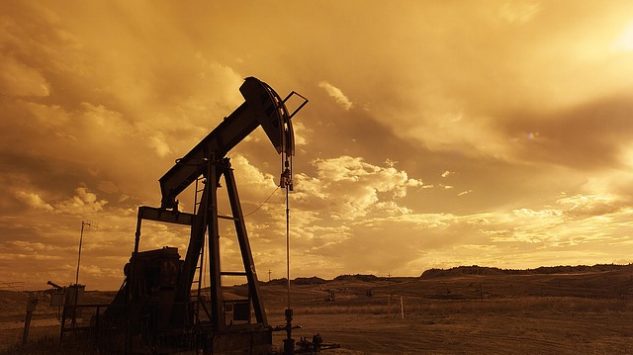Issue Briefs

U.S. Foreign Policy and Petroleum
July 11, 2019
By Jonathan Chanis
During the last 45 years, the United States has experienced alternating periods of energy security and insecurity. There were the oil shocks of 1973–74 and 1979–81; the quiescent phase of the mid-1980s through the very early 2000s; the more difficult years of 2004–12; and now the current period of lower energy prices and more secure supplies. During all of these phases and even earlier, U.S. foreign policy was shaped either directly or indirectly by energy and petroleum security concerns.
While energy security and foreign policy success are not mutually exclusive, each influences and often constrains the other. The relationship between petroleum and foreign policy is difficult to analyze with precision. Especially today, after the vast increase in domestic U.S. petroleum production, i.e., the “energy revolution,” some look at the geopolitics of oil and ask if this revolution improved U.S. foreign policy.
